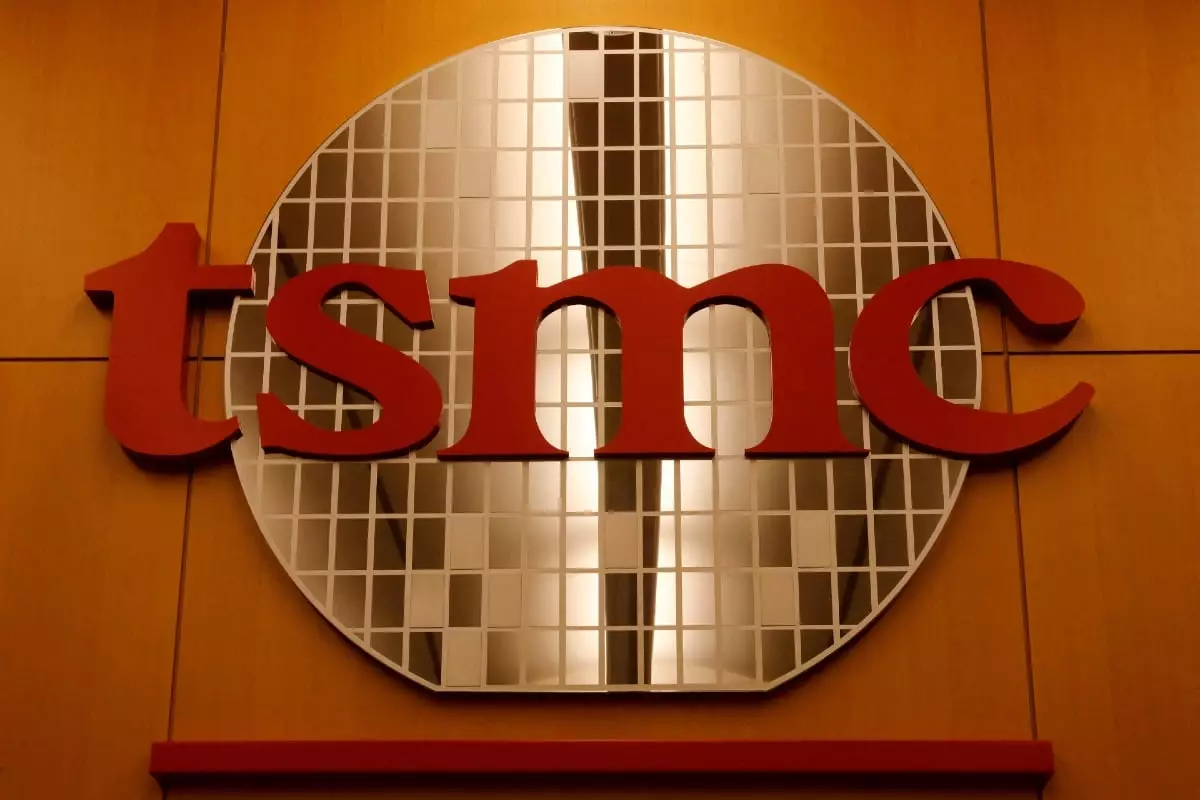The semiconductor industry has always been fraught with geopolitical tensions and regulatory challenges. A recent incident involving Taiwan Semiconductor Manufacturing Company (TSMC), a major player in global chip manufacturing, has underscored the fragile nature of these supply chains. This article explores the implications of TSMC’s decision to suspend shipments to the Chinese chip designer Sophgo following the discovery of a TSMC-made chip in a Huawei AI processor. This event not only raises concerns about export controls but also sheds light on the intertwined relationships within the tech world.
According to sources familiar with the situation, TSMC halted shipments to Sophgo after a chip produced by TSMC was found on Huawei’s Ascend 910B processor. This revelation has serious ramifications as it highlights a potential violation of U.S. export controls, which aim to prevent critical technology from reaching Chinese firms like Huawei, particularly in the realm of artificial intelligence and advanced computing. The actual process of how a TSMC chip ended up inside a Huawei product remains undisclosed, posing questions about supply chain transparency and accountability.
Sophgo issued a statement claiming adherence to all laws while denying any direct business relationship with Huawei. This declaration indicates the intricate complexities of compliance in a global market rife with regulations that vary greatly across regions and entities. The company, connected to cryptocurrency mining powerhouse Bitmain, has positioned itself as an innovator in AI chip technology, challenging established competitors. However, the fallout from this incident could tarnish its reputation and impact future business opportunities.
The U.S. Department of Commerce acknowledged reports of possible violations regarding export controls but did not confirm whether an investigation was underway. This lack of clarity raises concerns about the effectiveness of current regulatory frameworks in monitoring state-of-the-art technology transfers. TSMC’s proactive communication with U.S. authorities about the situation signifies its awareness of the gravity of the issue. Moreover, TSMC’s decision to suspend shipments reflects an industry-wide reluctance to be entangled in geopolitical conflicts, prioritizing regulatory compliance over business relationships.
In a broader context, the event insists upon the need for stringent monitoring mechanisms to prevent critical advancements in artificial intelligence from empowering nations deemed antagonistic by the U.S. government. The 2020 expansion of U.S. authorities to limit technology exports to Huawei is a testament to this tightening control over technology dissemination. TSMC, having previously supplied chips for Huawei, now navigates a landscape where adhering to these rules is paramount.
As events unfold, the rivalry among semiconductor firms intensifies, particularly between Chinese firms and their Western counterparts. The Research Institute for Democracy, Society and Emerging Technology (DSET) recently highlighted how Bitmain’s ambitions through Sophgo could disrupt the AI chip landscape long dominated by Western giants like Nvidia and AMD. The rise of Sophgo as a contender in this arena—with its foundation tied to Bitmain’s cofounder—suggests a significant shift in the tech ecosystem.
Reports of past legal troubles faced by Bitmain, including accusations of illegal recruitment of semiconductor talent in Taiwan, further complicate the narrative. Such incidents fuel skepticism about the intentions and operations of Chinese firms within the transitional ride of technology and geopolitical stakes.
The TSMC-Sophgo-Huawei incident epitomizes the precarious balance between innovation and regulatory compliance in the semiconductor industry. For TSMC, a pivotal player in the global supply chain, this scenario spells caution as they reel from potential repercussions tied to international law enforcement. For Sophgo, the fallout could hinder its ambitions in the fast-evolving AI market, driven by its association with Bitmain and recent scrutiny.
As the semiconductor landscape continually shifts beneath the weight of political pressures and technological advancements, companies must remain vigilant in adhering to regulations while pursuing their growth strategies. Future trajectories will undoubtedly involve navigating a web of compliance, innovation, and strategic partnership, underscoring the complexities that define the current state of the high-tech industry.

Leave a Reply